On Jan 27, a 14-year-old girl named Hira, who was born and raised in New York, was reportedly shot dead by her uncle in an “honor killing,” during what she had been led to believe was a family vacation to Pakistan. Like many students at QSI, Hira was from a Pakistani immigrant family.
Of the 21 students interviewed for this story, only four knew what “honor killings” were. An “honor killing” is the murder of a family member, typically female, who is considered to have brought “shame” or “dishonor” upon the family. This cultural belief that something could dishonor a family to such an extent typically stems from ultra conservative beliefs.
An Urdu quote that exemplifies this is “Daulat khonay pur kuch naheen khota, sihat khonay pur kuch kho jaata hai, ghairat khonay pur sub kuch kho jaata hai,” which means “when wealth is lost nothing is lost; when health is lost something is lost; when honour is lost everything is lost.” Though this quote is extreme, the basic idea of someone’s behaviors or appearance reflecting on a family is not unique to one culture.
“I remember my mom saying things like ‘you’re an extension of me’ or that the way I behave in public reflects on her, especially when I was younger,” said Humanities teacher and varsity soccer coach Jake Roche. “I do say something similar to my soccer players, they represent the soccer team so their behavior does reflect honor in that way.”
However, Roche was very clear that under no circumstance would murder or violence ever be “the solution for a culture trying to establish some type of norm or something they want to follow.” All staff and students that were interviewed agreed with this sentiment.
“There is absolutely no justification for honor killings,” said freshman Josly Cooper, who thinks Generation Z will protest against this type of injustice. “I think people that justify it are the people who support it, maybe because of the perspective of what they were raised with.”
Most honor killings are done because of reasons like a woman disagreeing to an arranged marriage, having pre-marital relationships, and in some cases, being the victim of a sexual assault or rape.
“It’s typically because she’s seen as “impure” or “defiant” in terms of her family’s future marriage plans for her,” said sophomore Avneet Khaira. “If it comes to sex, I don’t think sex is a crime and nor is refusing a marriage. There aren’t any circumstances that can justify killing a woman for choices she’s made for herself,” she said.
What makes Hira’s murder even more shocking is that there were no claims related to marriage or premarital relations in any way, which are common causes for such killings. In her father’s confession, he claimed that Hira had brought shame to the family by posting what he considered inappropriate videos on social media.
Hira had three followers on TikTok and no posts. She also used Instagram and her most recent posts are dated Jan 20 and document her trip to Pakistan, with scenic photos taken at the Wagar Border, north of India and Pakistan. Hira’s father also disapproved of her “clothing, lifestyle and social relationships.” Though Hira’s uncle is believed to be the one who shot her, her father had an equal part in arranging her murder.
Honor killings are less tolerated in Pakistan than they had been in the past. In 2016, Pakistan abolished a loophole, which allowed the perpetrator to seek forgiveness for the crime from another family member of the victim and to be pardoned by the law or receive a lessened punishment. Now the law says that there can be a sentence of life in prison or the death penalty for people convicted in honor killings. But the extent to which the law is implemented varies and human rights groups say the killings continue.
Junior Brianna Persad thinks that laws against honor killings are not enough. Honor killings are likely to continue until there’s a shift in the cultural mindset that still accepts honor killings and other violence against women and girls as justified.
“Since honor killings typically begin from the family, it would have to be broken from within,” said Persad. “Laws could be stricter, but the feeling around it is still prevalent within families.”
Persad’s point about needing more than laws to eradicate honor killings makes sense. The term “Ghairat”, written as “ غیرت ” in Urdu, is commonly used and refers to one’s honor with a theme of protectiveness as well. It can be used in the context of both men and women, though in this case, it resonates more with men. This trait isn’t essentially something to be looked at negatively. “Ghairat” in this context correlates with a man looking out for his womenfolk, the elderly, children and the weak. However, it’s isn’t always properly understood and can promote toxic, egotistical and alarming behavior from men in certain communities, rather than encouraging a caring and protective etiquette towards their loved ones.
And tragically, the misinterpretation of what Ghairat truly means has cost many women their lives. In Pakistan there were reportedly 588 honor killings in 2024, mostly of women and girls. The actual number is probably higher because many murders are not reported as honor killings in the areas of Pakistan where there is still a cultural acceptance of them.
“To excuse or justify the actions of these criminals as saving a family’s honor is based off of outdated, misogynistic beliefs that continue to enforce a dangerous patriarchy,” said Khaira.
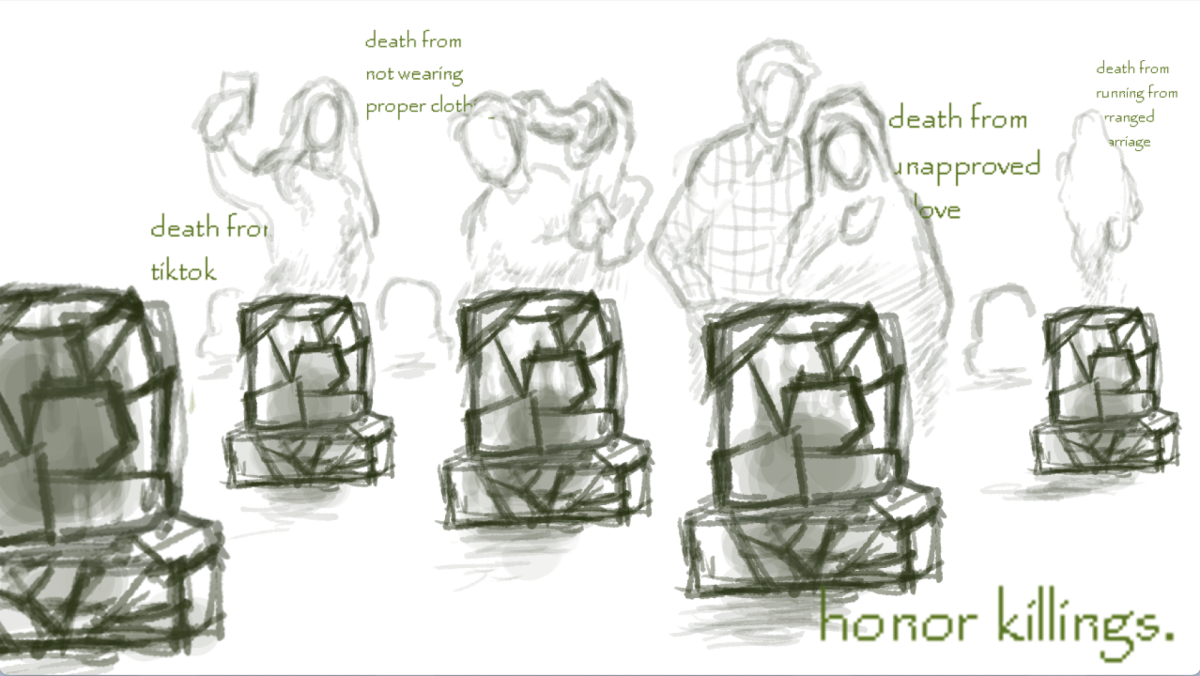
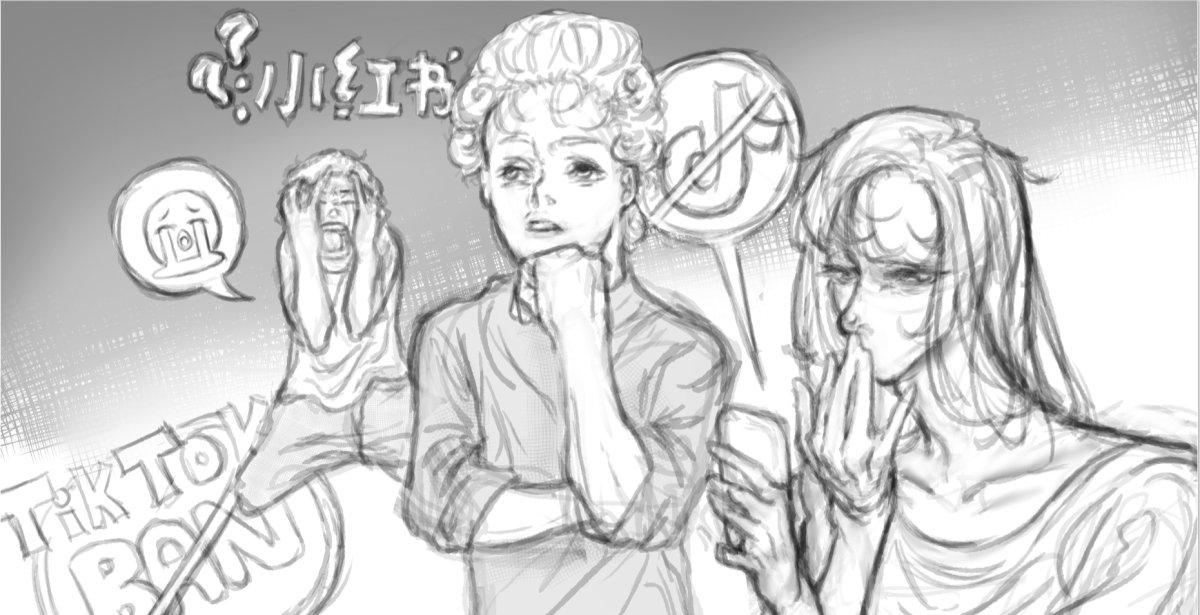


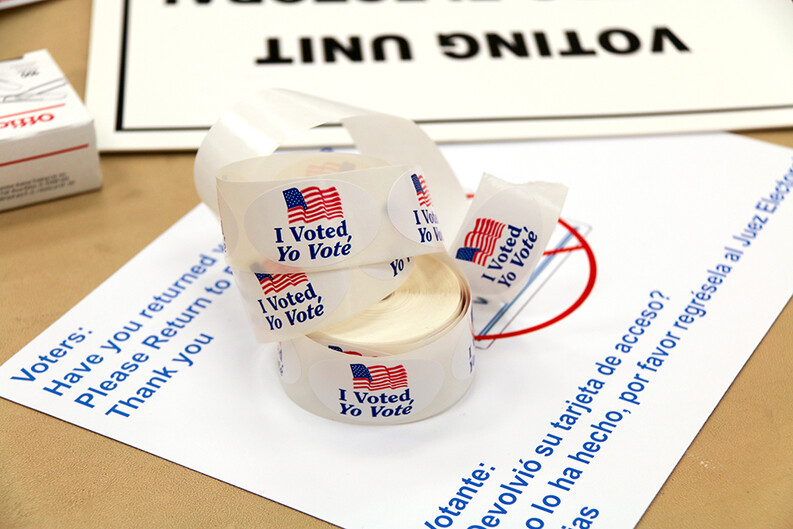

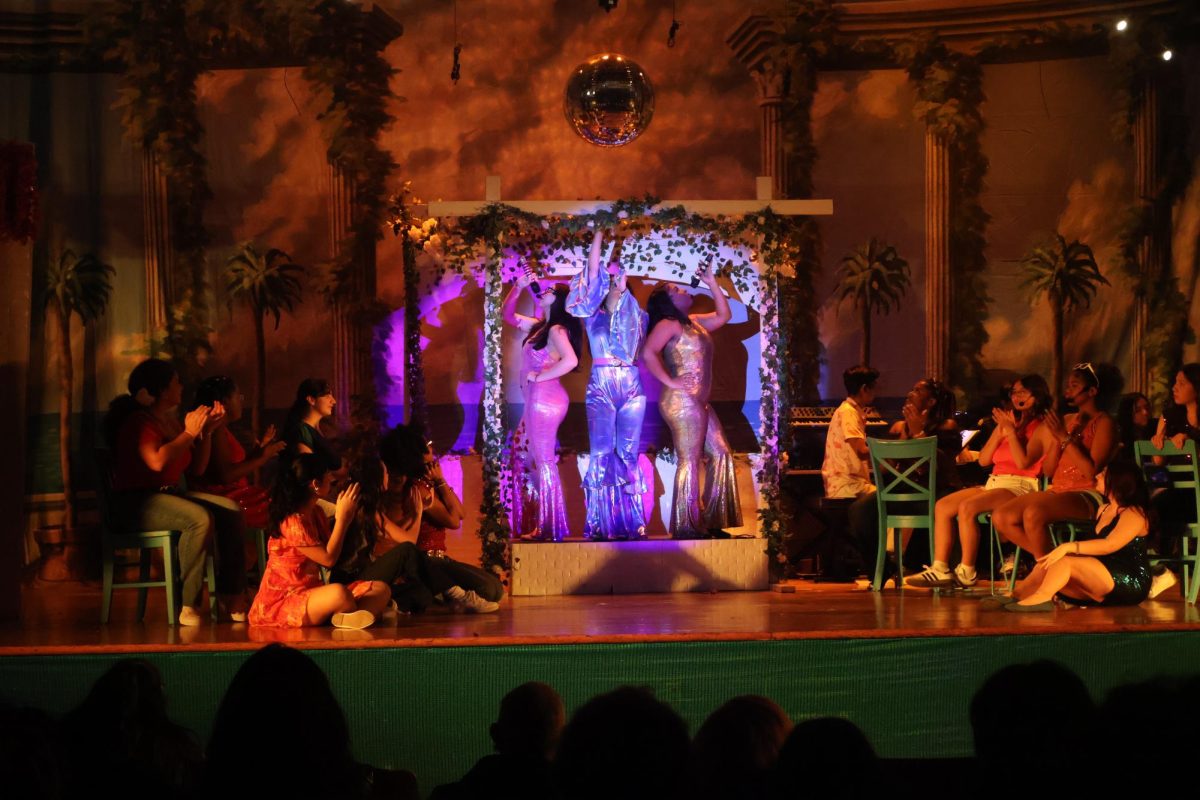


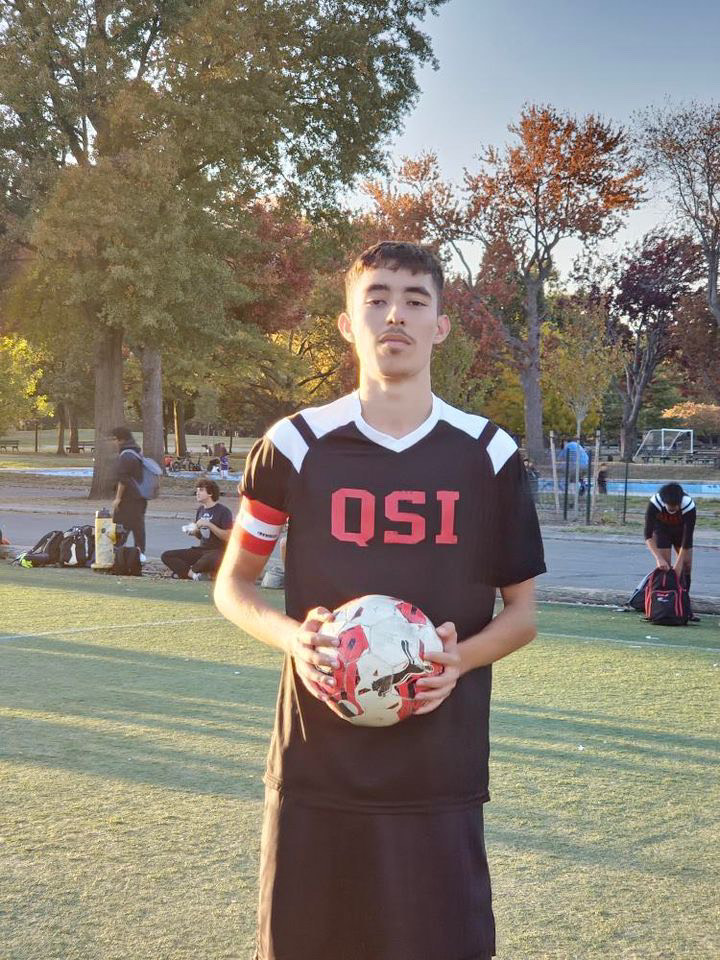
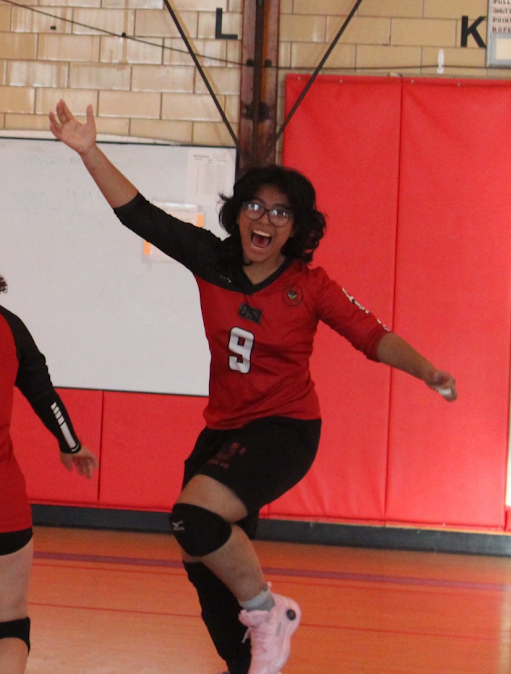

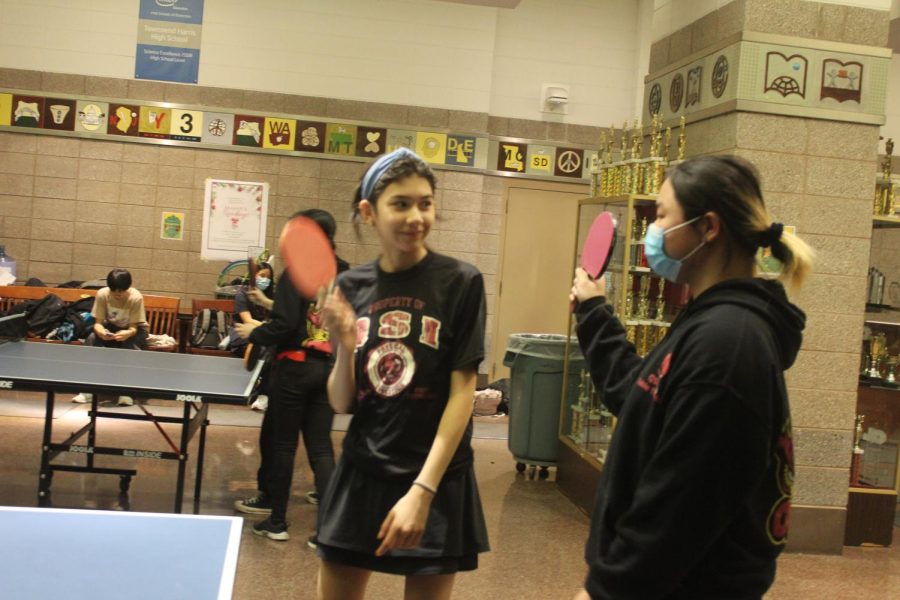




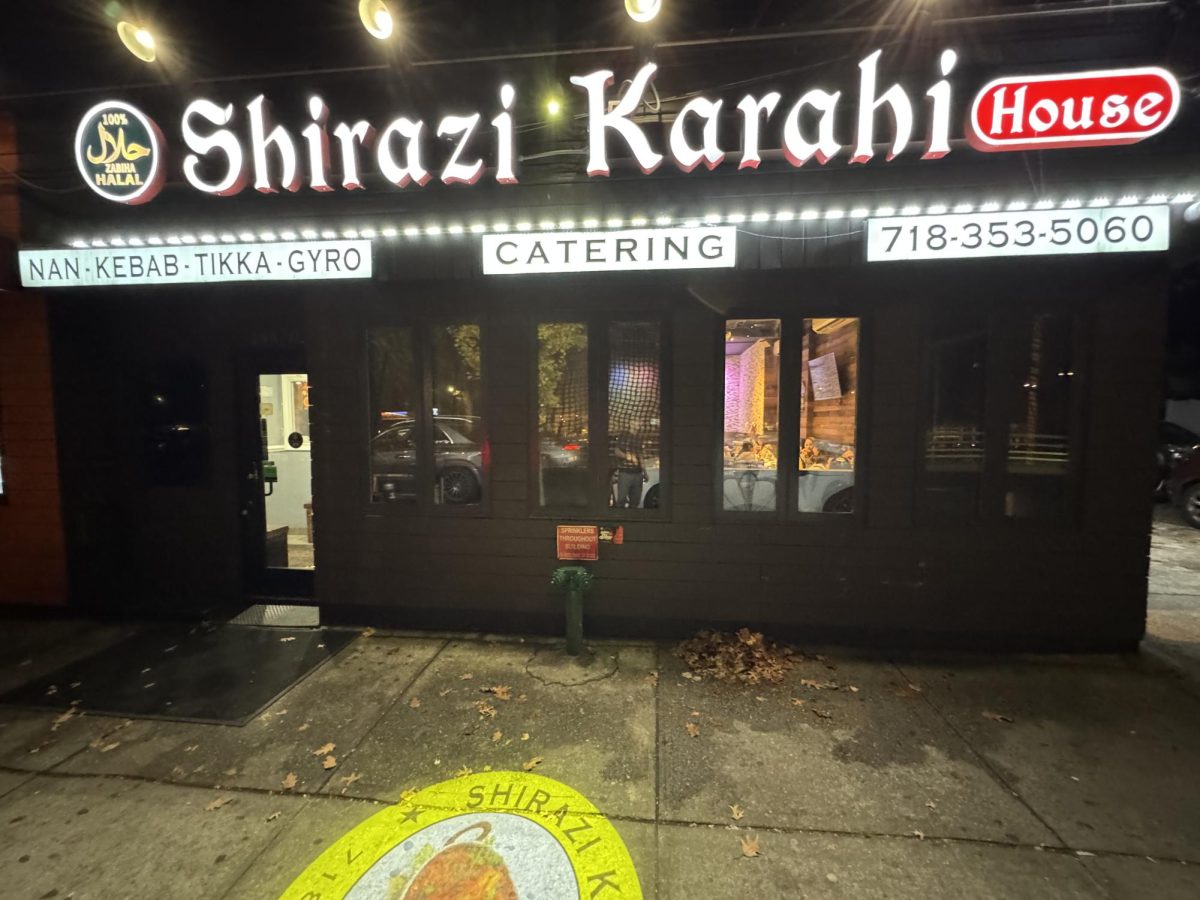

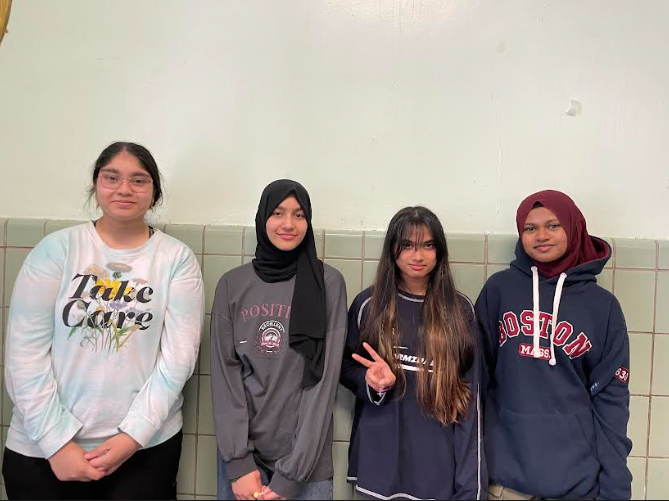



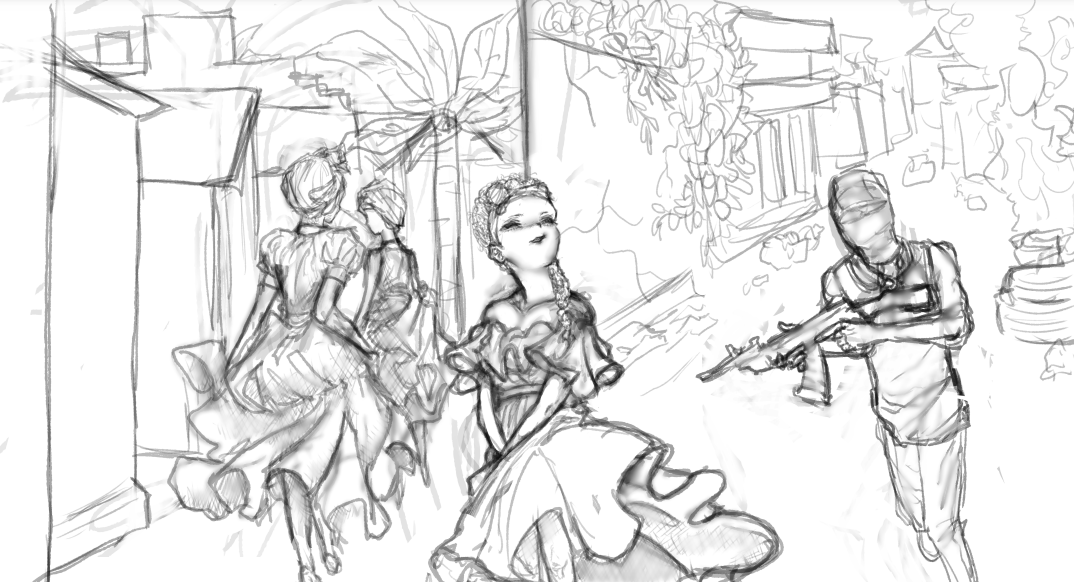
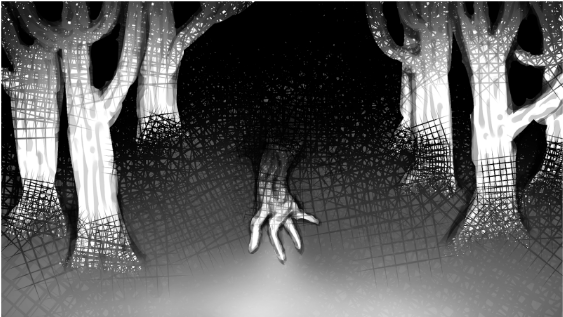



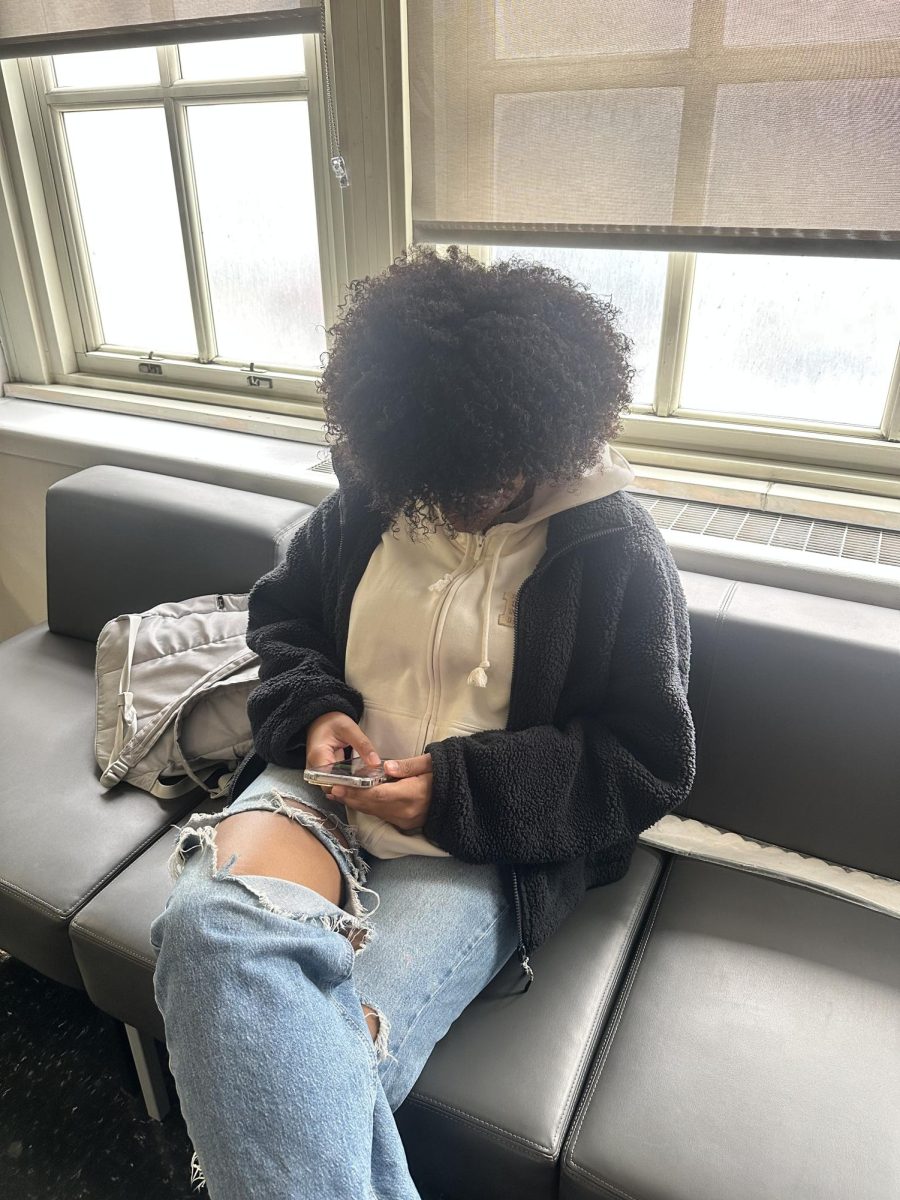
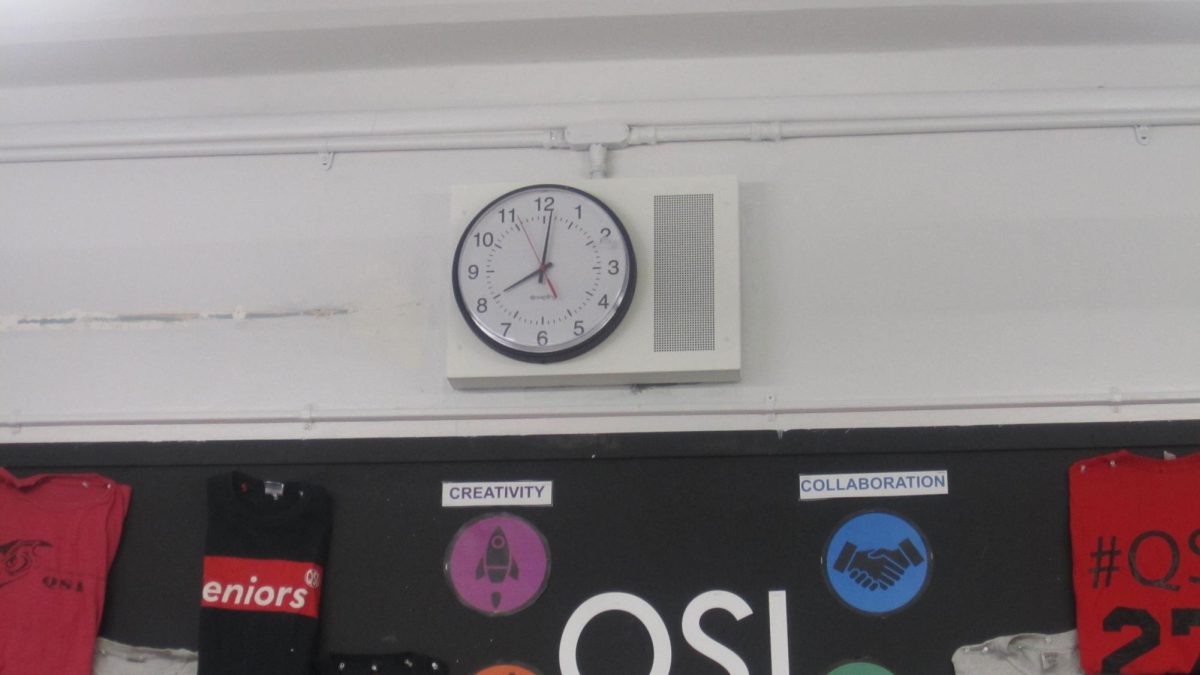
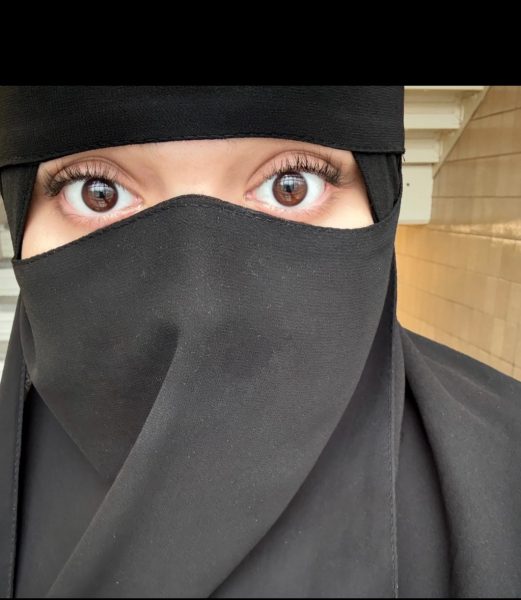
Stacey Mokotoff • Mar 21, 2025 at 10:59 PM
Thank you Beth. We have been privileged in this country to understand that life is precious and that forgiveness is offered and everyone can be redeemed. It is hard to understand how appearances and the thoughts of others can overwhelm people to this extent. There’s an excellent book called Honor that illustrates this problem very clearly. This all seems to be cultural and it’s very slow to turn things around. we can only hope that younger generations will bring more rational thinking.